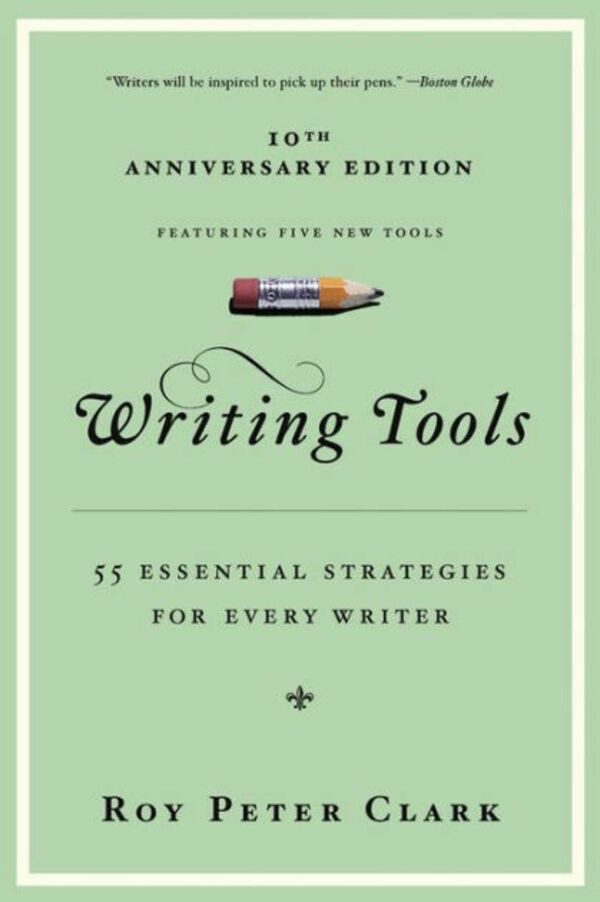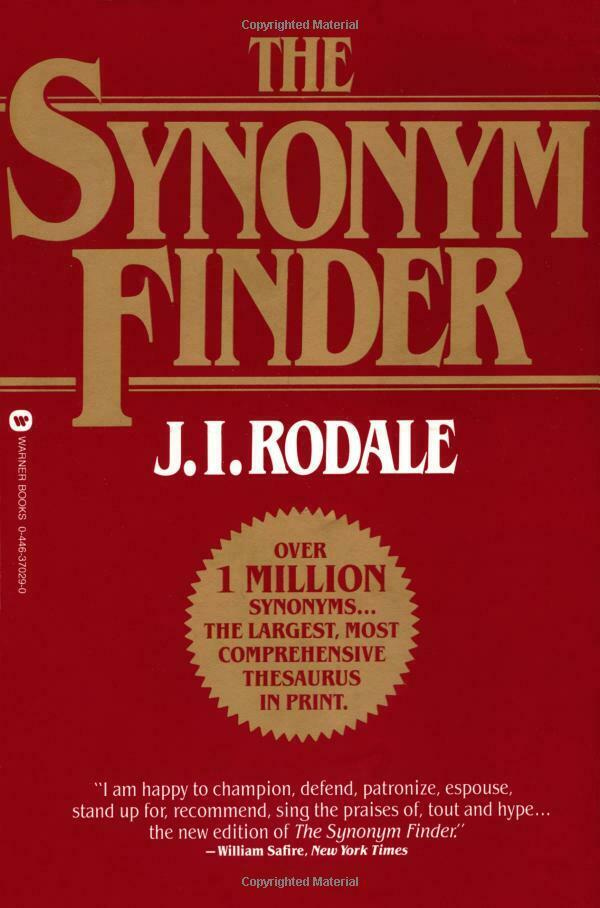LibraryThing
Book lover's cataloging tool
There a lot of ways to catalog a personal book collection, but I’ve settled on LibraryThing because I have more books than other media (we don’t buy movies, aren’t gamers, etc). I use LT to keep track of my own books, books I wish I owned, or want to read (using a wishlist tag) and also to keep track of books I’ve loaned out to others (tag plus a note with the date loaned).
LibraryThing is a place where you can catalog books mainly, but also media. You can sort, share, explore, import, and export data pertaining to your personal—or institutional—library. You can track who has borrowed which book. You can see other users who have similar libraries to yours, and browse books they have that you might be interested in. And, of course, there are basic reviews of books on the system.
I work at the office of a religious denomination, and we use LT to catalog our small book collection as well. We’ve cobbled together LT plus a web form to create a workable lending library for our 70-plus churches.
Finally, LT will sell you one of those old CueCat barcode scanners, so you can scan your books instead of typing them in. This is actually how we cataloged the vast majority of the books at our office. We just bought the scanner and had a volunteer slam it out.
LibraryThing gets data from Library of Congress by default, and whenever possible. However, when users set up accounts and begin to add books, they’ll be prompted to select a data source. LoC is the primary and preferred source, but other sources are also available, such as Amazon.com, and simply typing in data from the book itself (helpful for really old books).
The folks at LT seem to have left the import options as wide open as possible with their Universal Import tool. It allows import from formatted spreadsheets, Delicious Library, BookCollector, Amazon wishlists, and pretty much whatever data you’ve got as long as it can get into a formatted spreadsheet.
The export options are CSV, or tab delimited files. It pumps out lotsa data, including ISBN, which ought to be sufficient for imports into other tools like Delicious Library. I’m not too familiar with academic citation tools, though, so I can’t comment on how well it works on the other end.
Back when I settled on LT, I played around with Delicious Library, and Goodreads.com. I didn’t mess around with Amazon’s Shelfari.com at all, though I did have quite a wishlist on Amazon. Delicious Library was/is a pretty sweet application (Mac only). It’s very visually appealing, but limited to the user’s own computer, though you can export webpages. I wanted something more shareable, and LibraryThing fits the bill.
A close runner-up was GoodReads. My experience with GoodReads is dated now, though as far as I can tell, the core difference is that GR was designed to be more of a social network around books, and has the neat data-geek stuff sort of bolted on. LibraryThing was built around the data, and has the social stuff sort of bolted on. I care more about the data stuff and don’t really need yet another social network around my books. So LT for me.
04/2/10LibraryThing Free to $25









